In 2007, before the highly anticipated boxing match between Floyd Mayweather and Oscar De La Hoya, the world witnessed an unexpected feud between Mayweather and his father, Floyd Mayweather Sr. This sudden and intense conflict grabbed the media’s attention, adding fuel to the already burning hype surrounding the fight. The feud, characterized by public insults and threats, seemed to stem from deep-seated issues between father and son. However, many speculated that this dramatic fallout was part of a calculated strategy—the ultimate self-sacrifice ruse strategy—to boost the fight’s profile and financial success.
The drama began when Floyd Mayweather Jr. publicly criticized his father, calling him “incompetent” and “jealous.” These harsh words seemed to mark a serious rift in their relationship, leading to further speculations when Mayweather Sr. threatened to switch sides and train De La Hoya. This potential betrayal was a goldmine for the media, who quickly capitalized on the story, turning it into a full-blown saga. The fight became one of the most talked-about events in sports, drawing unprecedented attention and setting the stage for a record-breaking payday.
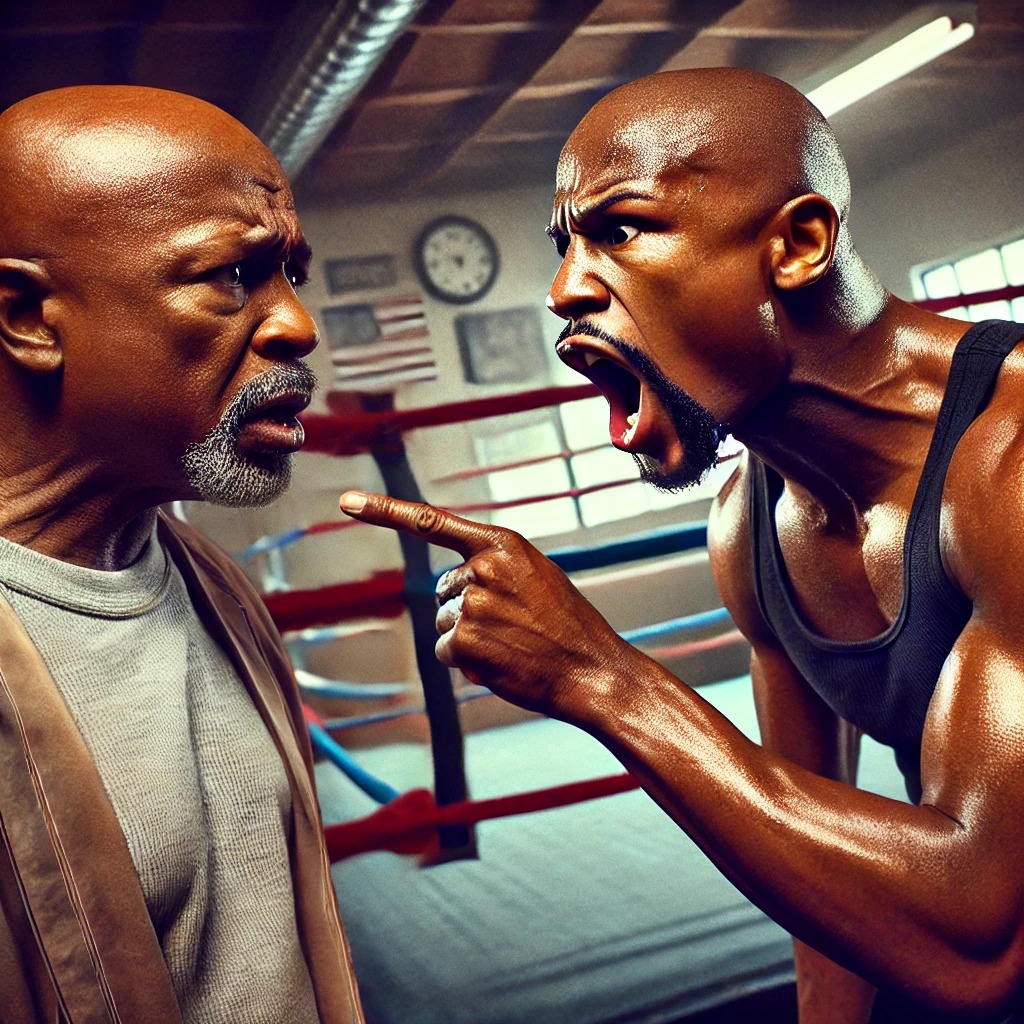
As the date of the fight approached, the tension between the Mayweathers continued to dominate headlines. The animosity seemed genuine, with both men making disparaging remarks about each other in public. Mayweather Sr.’s flirtation with the idea of training De La Hoya added an extra layer of intrigue, making fans and analysts alike question the stability and unity of Mayweather Jr.’s camp. The narrative of a broken father-son relationship and a potential turncoat coach made the event even more compelling.
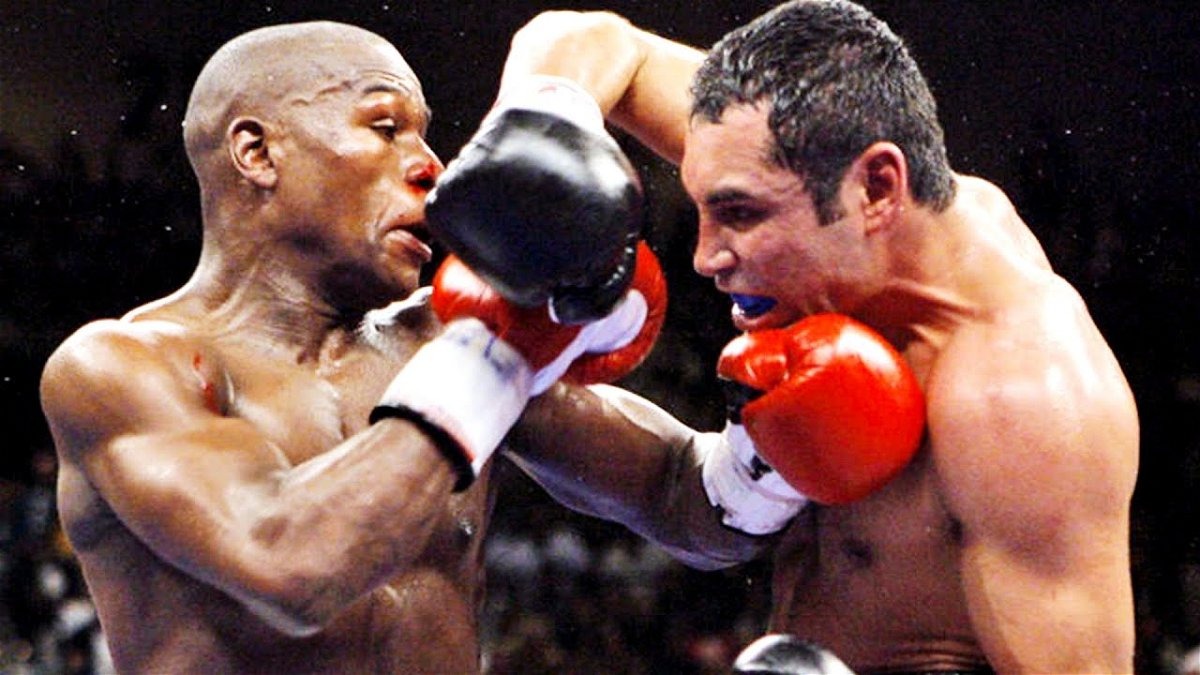
On fight night, the spectacle lived up to the hype. Mayweather Jr. won the bout in a split decision, earning over $25 million, a record at the time. The fight itself was a masterclass in boxing, showcasing Mayweather’s defensive prowess and tactical intelligence. Yet, it was the off-ring drama that many remembered most.
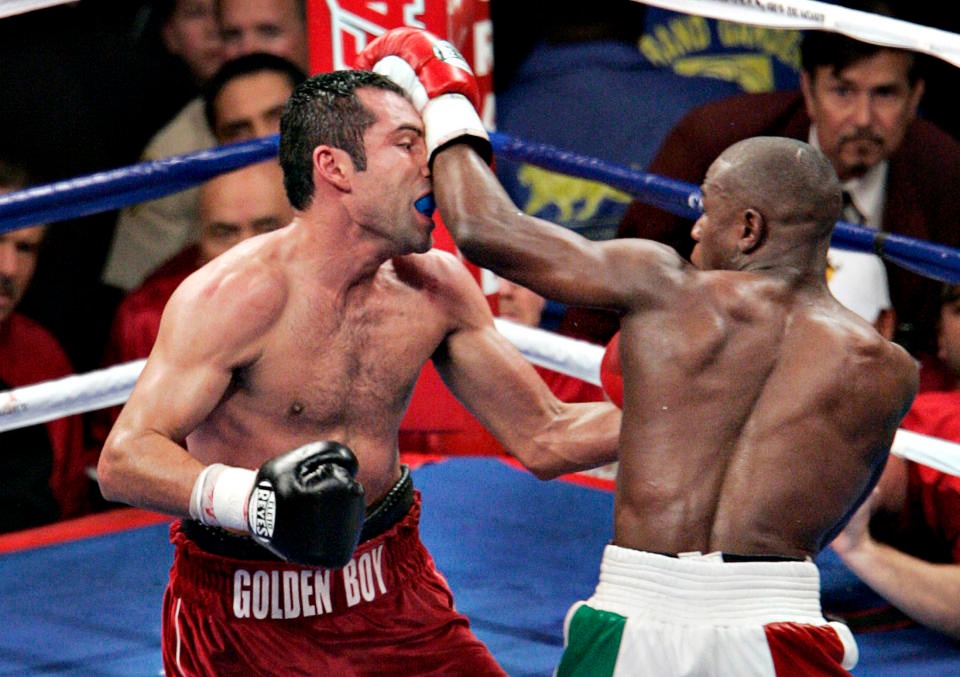
Interestingly, after the fight, the seemingly irreparable rift between father and son was suddenly mended. The reconciliation was swift and without much fanfare, leading many to suspect that the feud had been orchestrated all along. This sudden change of heart left fans and observers scratching their heads, questioning whether they had been duped by a brilliantly executed marketing ploy.
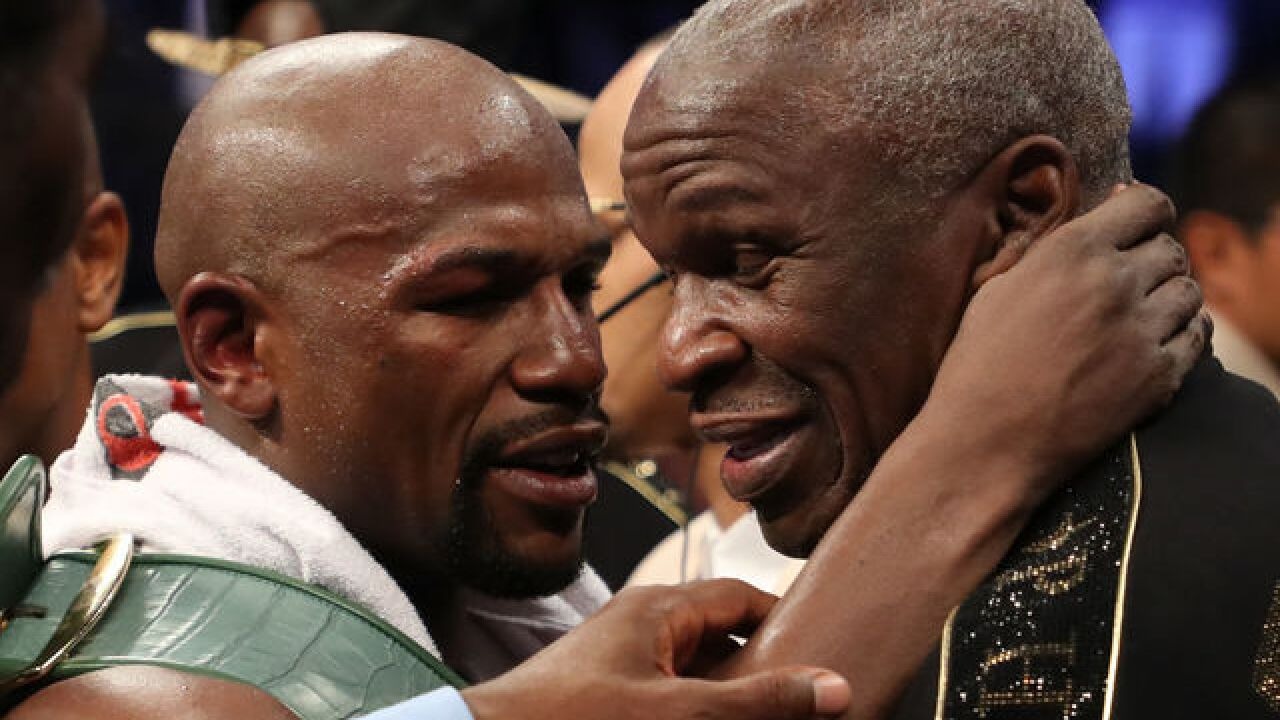
Theories about the feud being a strategic move by “Money” Mayweather gained traction. By creating a personal drama, Floyd had managed to increase the fight’s visibility, drawing in casual viewers and hardcore boxing fans alike. The narrative of the conflicted, troubled champion made his victory even more compelling and marketable. His flamboyant statements and outrageous claims further fueled the media frenzy, keeping the spotlight firmly on him and the event.
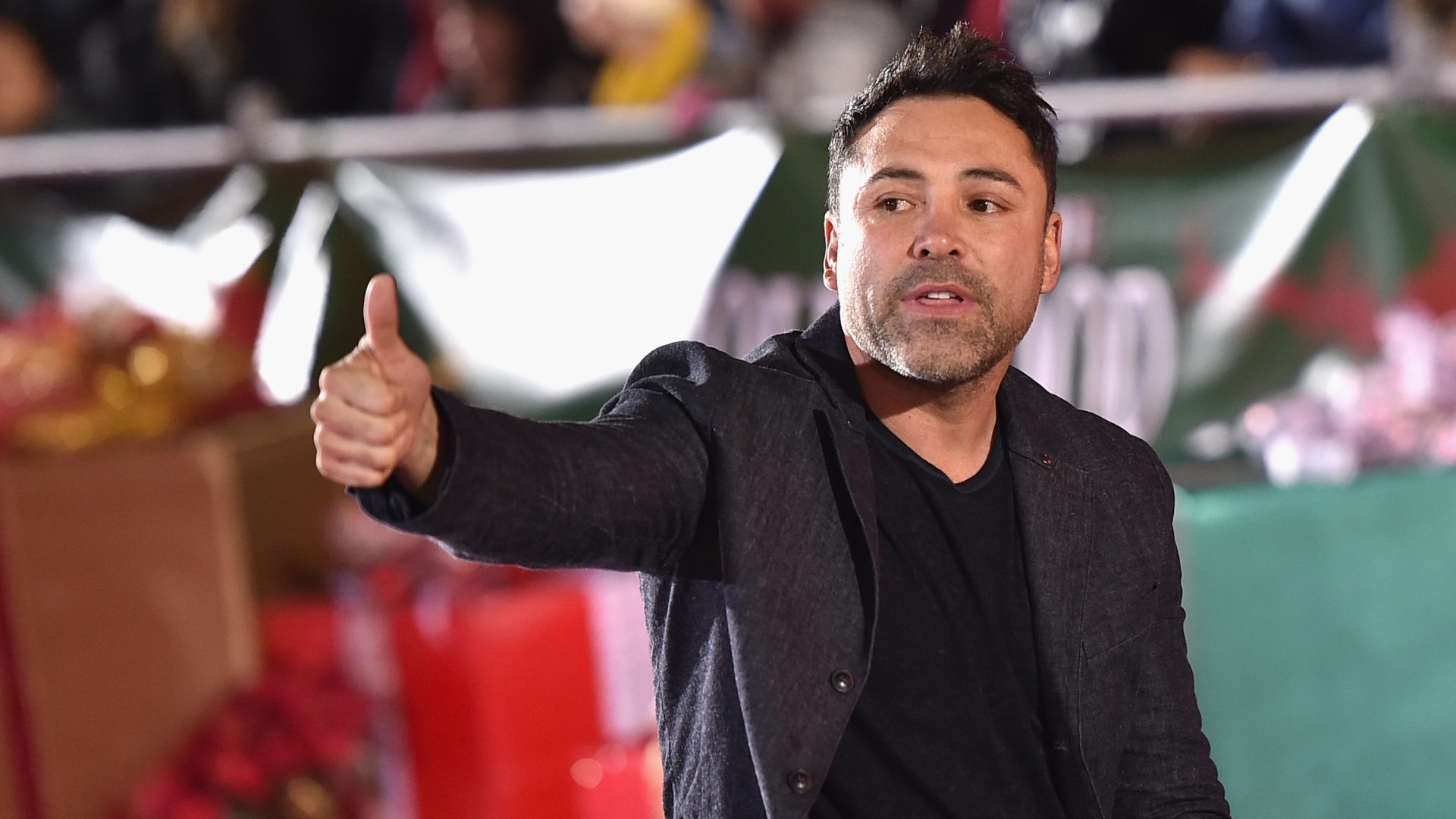
Fans had mixed reactions. Some admired the sheer audacity and cunning of the plan, if indeed it was a ruse. They saw it as a testament to Mayweather’s understanding of the entertainment aspect of boxing. Others felt cheated, believing that the emotional investment in the supposed family drama had been manipulated for financial gain.
In the end, whether the feud was real or not, it undeniably added a layer of intrigue and excitement to one of the most memorable fights in boxing history. The ultimate self-sacrifice ruse strategy, if it was such, showcased Mayweather’s ability not only as a boxer but as a master of promotion and psychological warfare. The 2007 showdown between Mayweather and De La Hoya remains a classic example of how drama, both inside and outside the ring, can captivate the world.
